Advertisement
In today's competitive job market, resume companies are embracing cutting-edge technology to streamline hiring while promoting fairness. Generative AI is transforming how resumes are analyzed, but concerns over bias in algorithms have pushed developers to build more responsible systems. To maintain trust and ensure equal opportunity, top resume platforms are integrating non-biased generative AI tools that support diversity, equity, and transparency.
These tools not only improve efficiency but also reduce discrimination based on gender, ethnicity, or background. In this article, we examine how recruitment companies are utilizing ethical generative AI to transform hiring while maintaining a fair and inclusive process.
Non-biased generative AI tools are designed to process resumes and job data fairly, avoiding discrimination based on race, gender, age, or background.
Key Features Include:
Generative AI enables resume companies to process large volumes of data quickly and accurately while reducing human error and unintentional bias.
Benefits Include:

To ensure fairness, leading resume companies follow strict practices during AI development and deployment.
Best Practices Include:

Several resume technology providers are setting the standard in ethical AI by integrating fairness and transparency into their platforms.
HireVue utilizes computer vision and voice analysis, along with safeguards, to anonymize and fairly assess candidate interviews. It introduces structured interviews based on job relevance rather than personality traits and provides bias detection scores to help employers ensure fairness.
SeekOut specializes in sourcing diverse candidates using inclusive filters and offers DEI analytics dashboards. These features enable recruiters to identify underrepresented talent and make data-informed hiring decisions while reducing systemic bias.
Rezi provides AI-generated, ATS-optimized resumes that are focused solely on skill and job relevance. It does not score or rank resumes based on demographic attributes, offering all users equal guidance and support in resume building.
Eightfold AI utilizes deep learning to assess a candidate's capabilities and growth potential, excluding irrelevant personal data such as race or gender. It also integrates with HRIS systems, providing employers with insights into diversity metrics while enhancing long-term hiring strategies.
The adoption of non-biased generative AI tools benefits both sides of the hiring equation by promoting equal opportunity and building better teams.
For Job Seekers:
For Employers:
When evaluating AI-driven resume screening platforms, it's essential to choose one that aligns with fairness and transparency standards.
Key Features to Consider:
The next phase in hiring technology involves tighter regulation, greater transparency, and more intelligent AI. Resume companies will continue evolving to meet these demands.
Expected Trends Include:
Generative AI has transformed how resume companies evaluate and recommend candidates, but its true potential lies in fairness. Non-biased AI tools are no longer optional—they're essential to building inclusive workforces and trustworthy brands. From blind screening to transparent decision-making, the most advanced resume platforms are demonstrating that technology and ethics can coexist.
As hiring becomes increasingly automated, companies must commit to responsible AI practices to avoid reinforcing discrimination. The tools exist, the technology is ready—and forward-thinking resume companies are already showing the way. Discover how ethical generative AI can help reshape hiring—for everyone, everywhere.
Advertisement

Discover how Dremio uses generative AI tools to simplify complex data queries and deliver faster, smarter data insights.
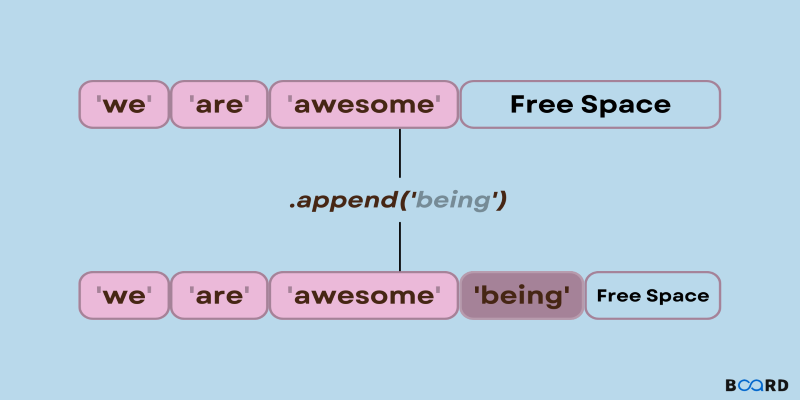
Need to add items to a Python list? Learn how append() works, what it does under the hood, and when to use it with confidence

How depth2img pre-trained models improve image-to-image generation by using depth maps to preserve structure and realism in visual transformations
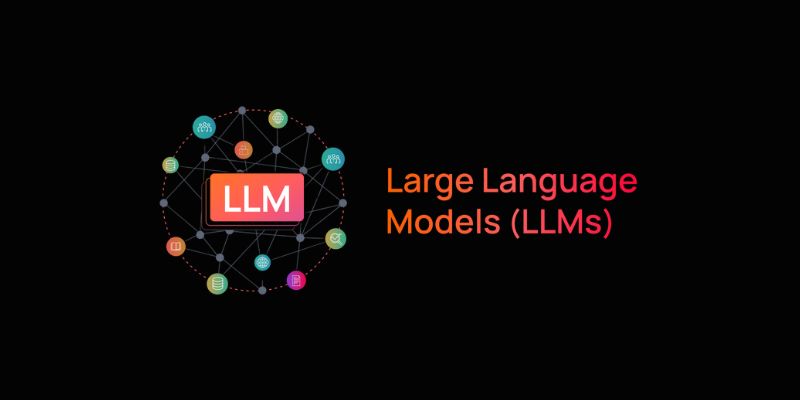
AI groups tune large language models with testing, alignment, and ethical reviews to ensure safe, accurate, and global deployment

Find how AI is transforming the CPG sector with powerful applications in marketing, supply chain, and product innovation.
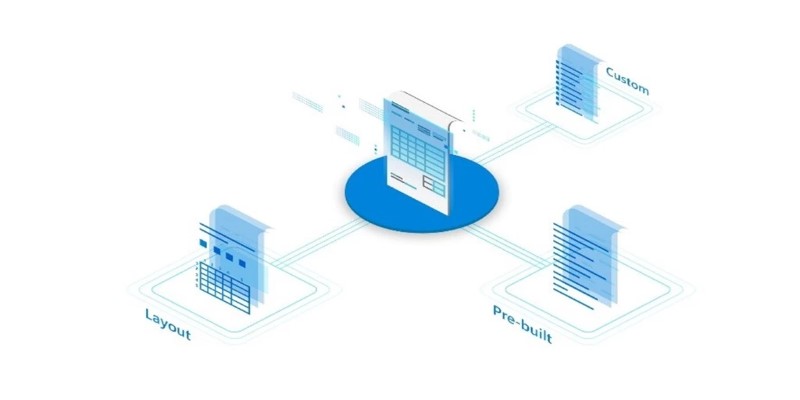
Want to save time processing forms? Discover how Azure Form Recognizer extracts structured data from documents with speed, accuracy, and minimal setup

Celonis faces rising competition by evolving process mining with real-time insights, integration, and user-friendly automation

Salesforce advances secure, private generative AI to boost enterprise productivity and data protection
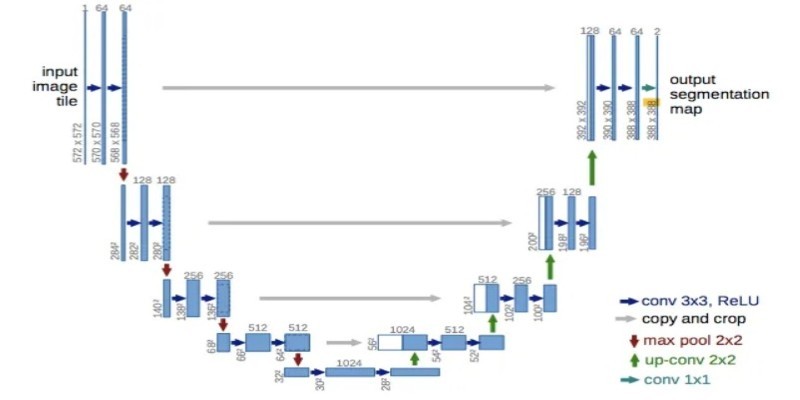
How UNet simplifies complex tasks in image processing. This guide explains UNet architecture and its role in accurate image segmentation using real-world examples
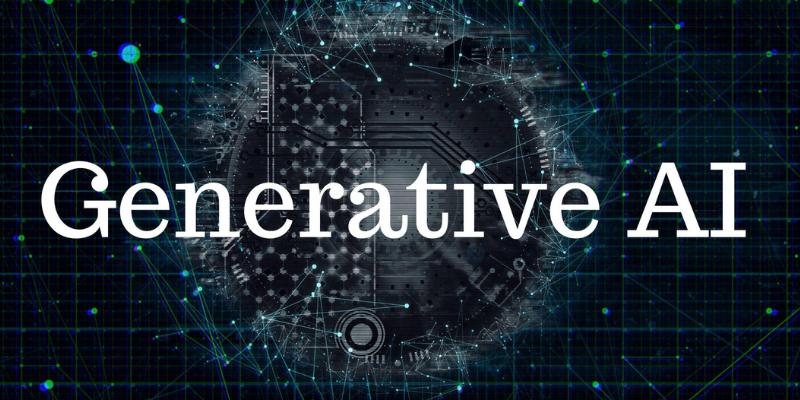
Discover how resume companies are using non-biased generative AI to ensure fair, inclusive, and accurate hiring decisions.
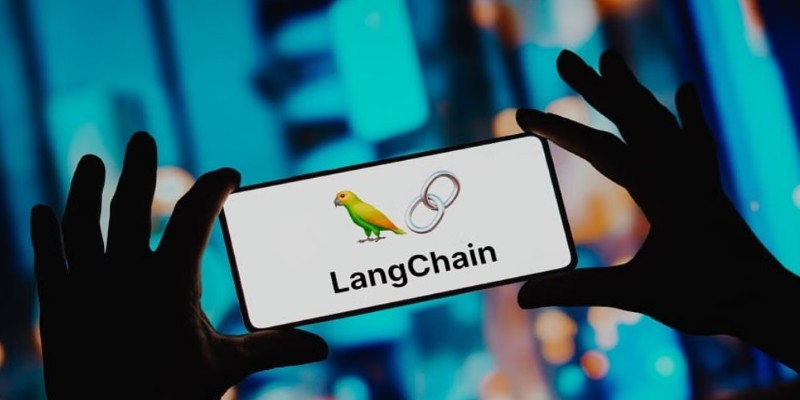
How to automate data analysis with Langchain using language models, custom tools, and smart chains. Streamline your reporting and insights through efficient Langchain data workflows
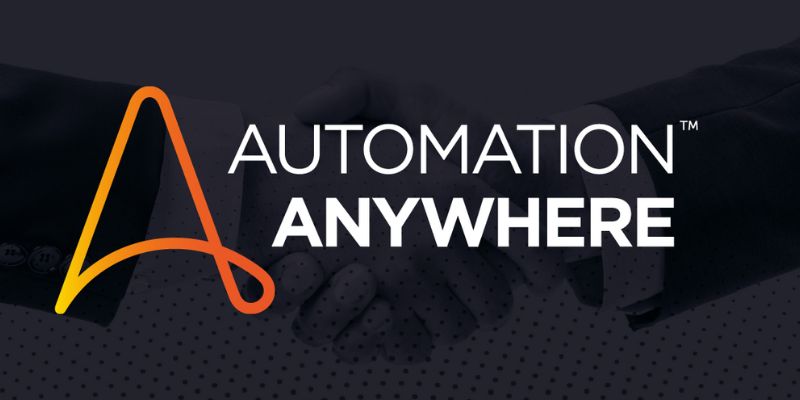
Automation Anywhere uses AI to enhance process discovery, enabling faster insights, lower costs, and scalable transformation